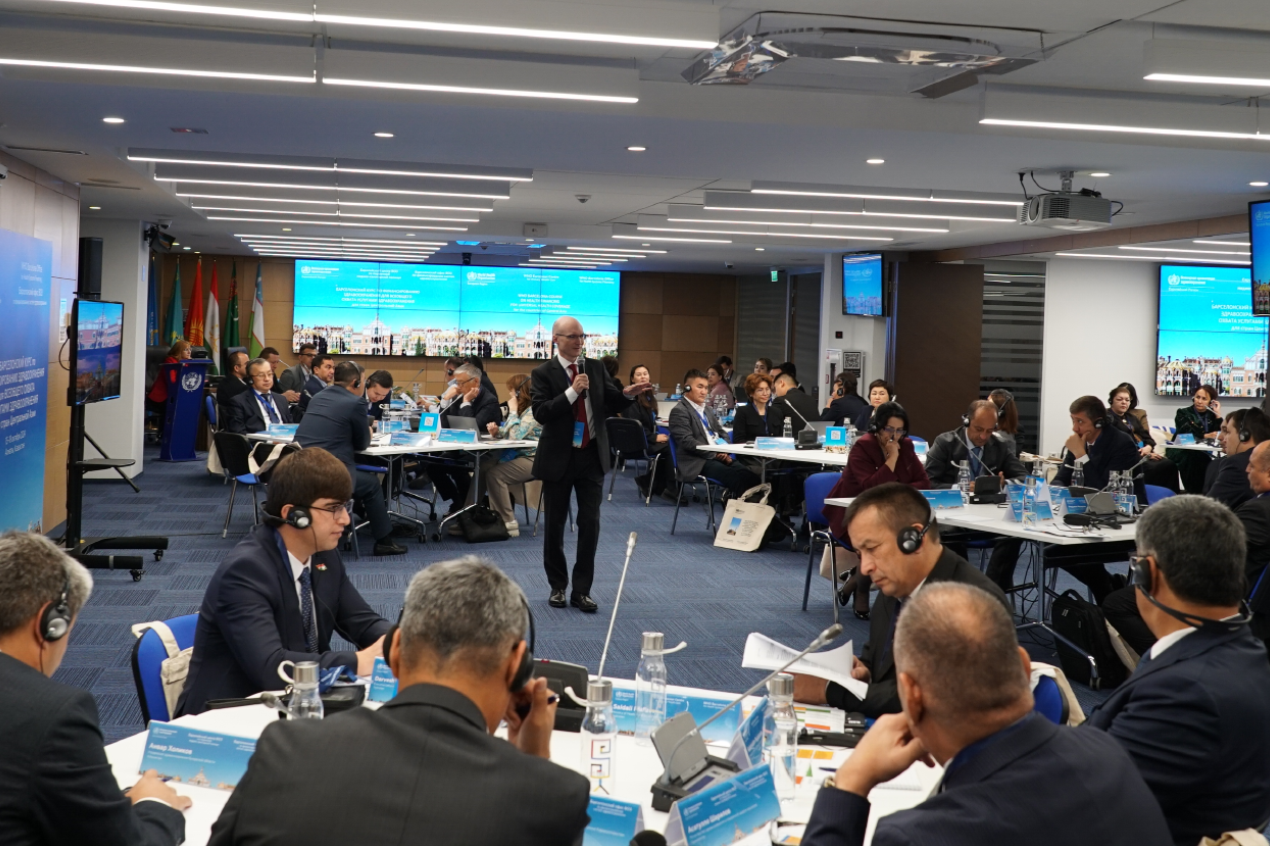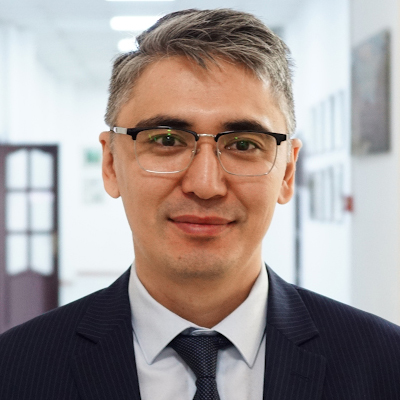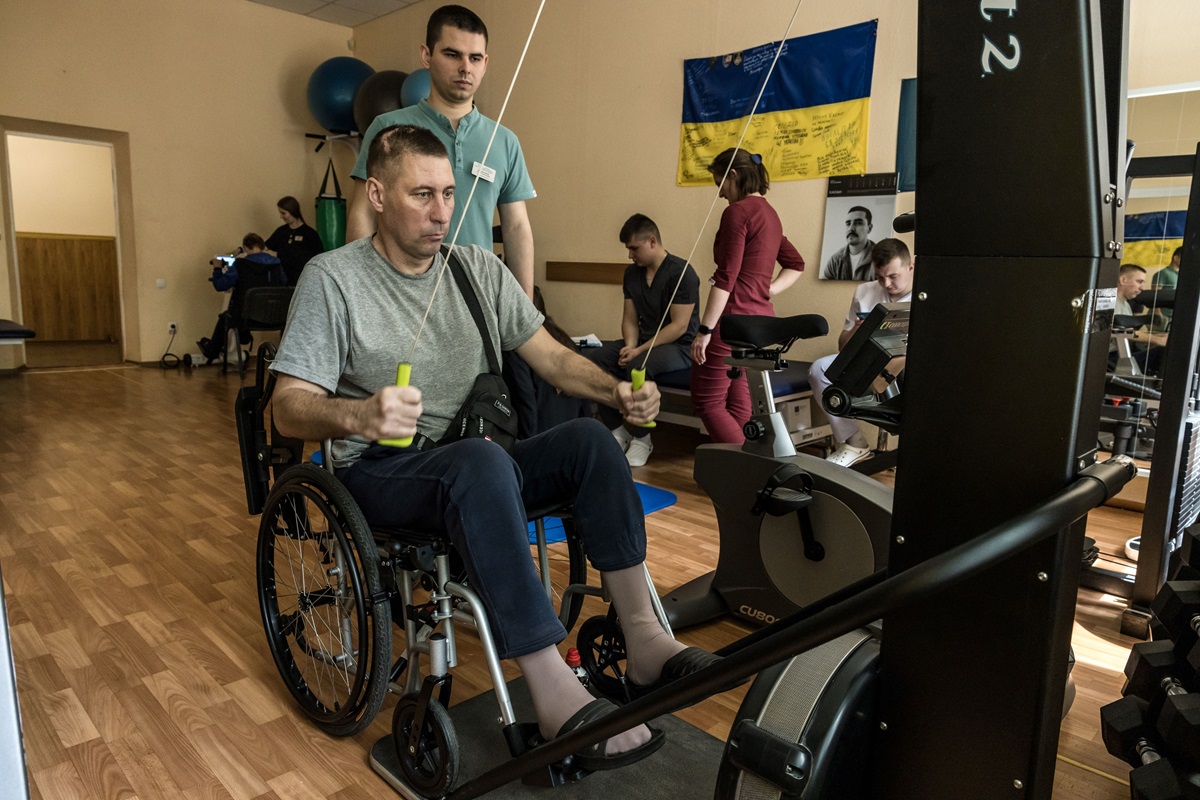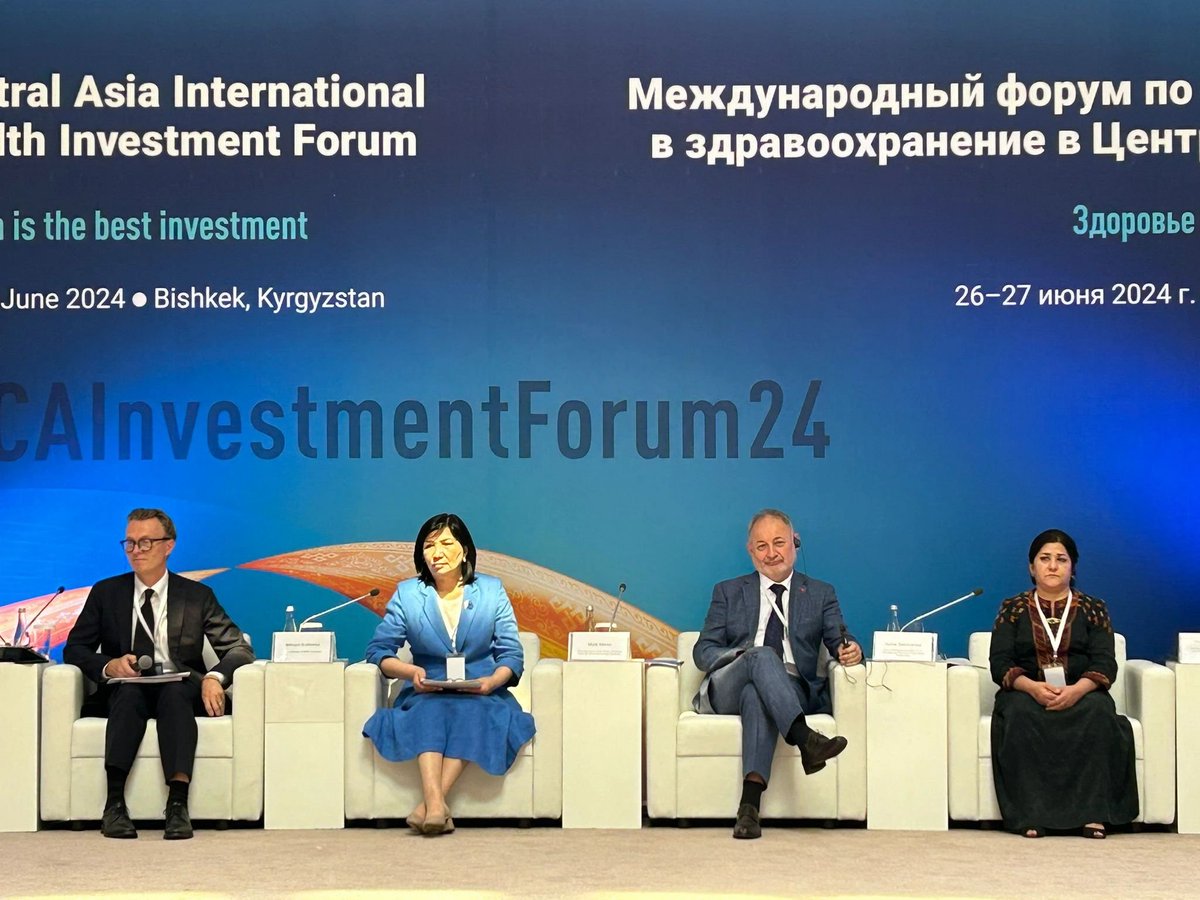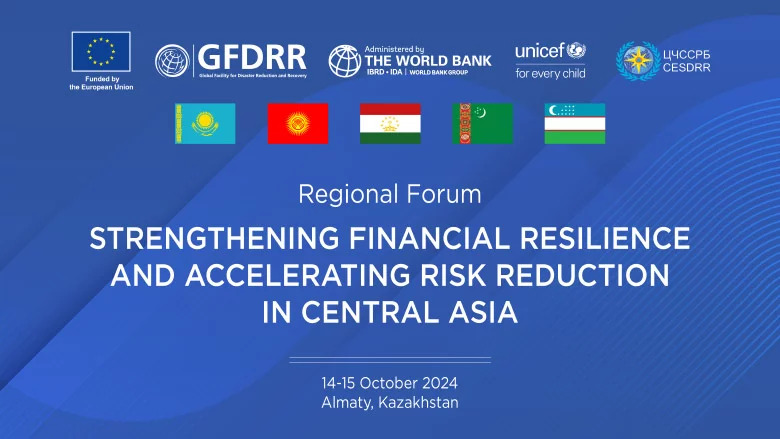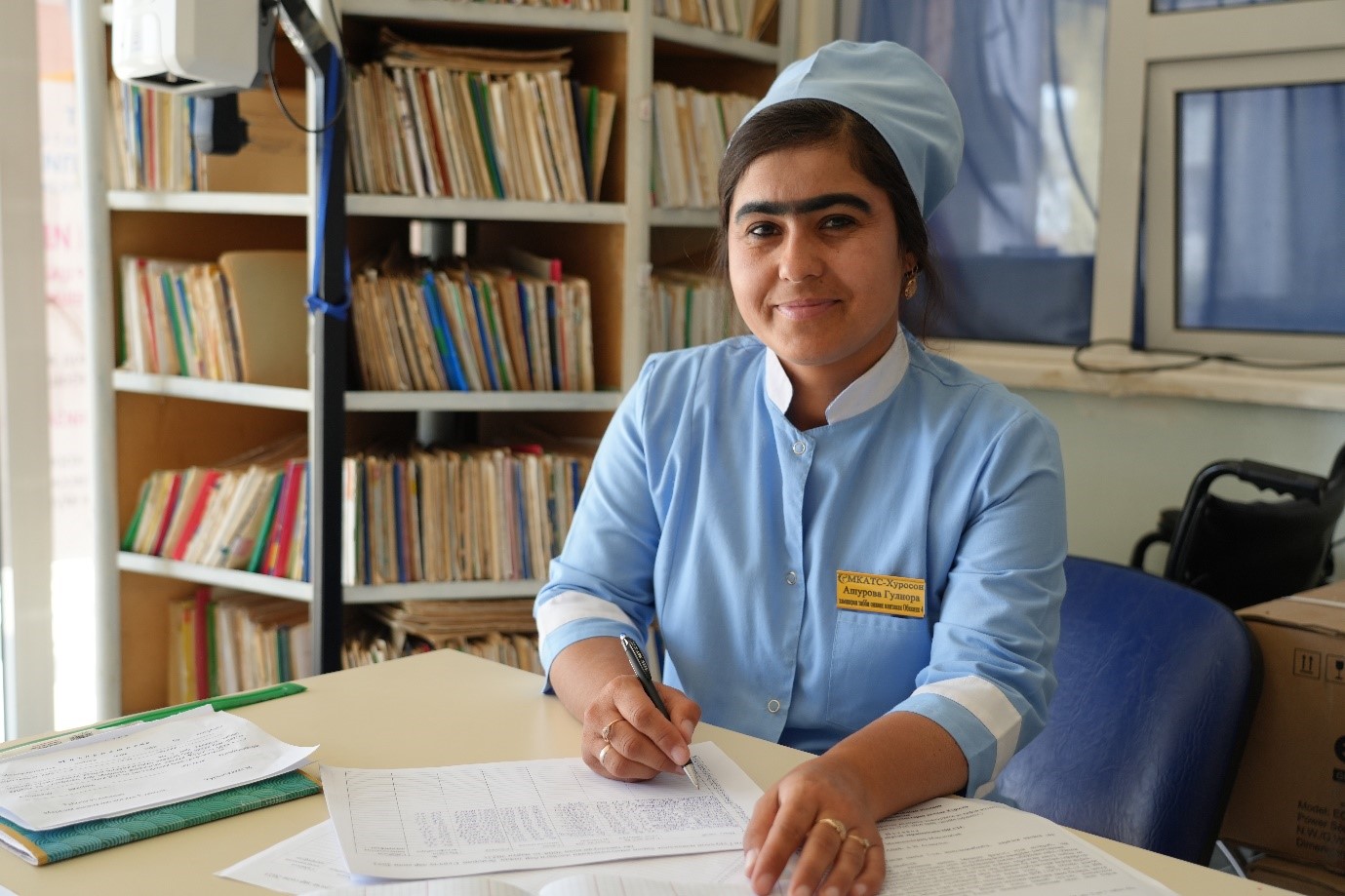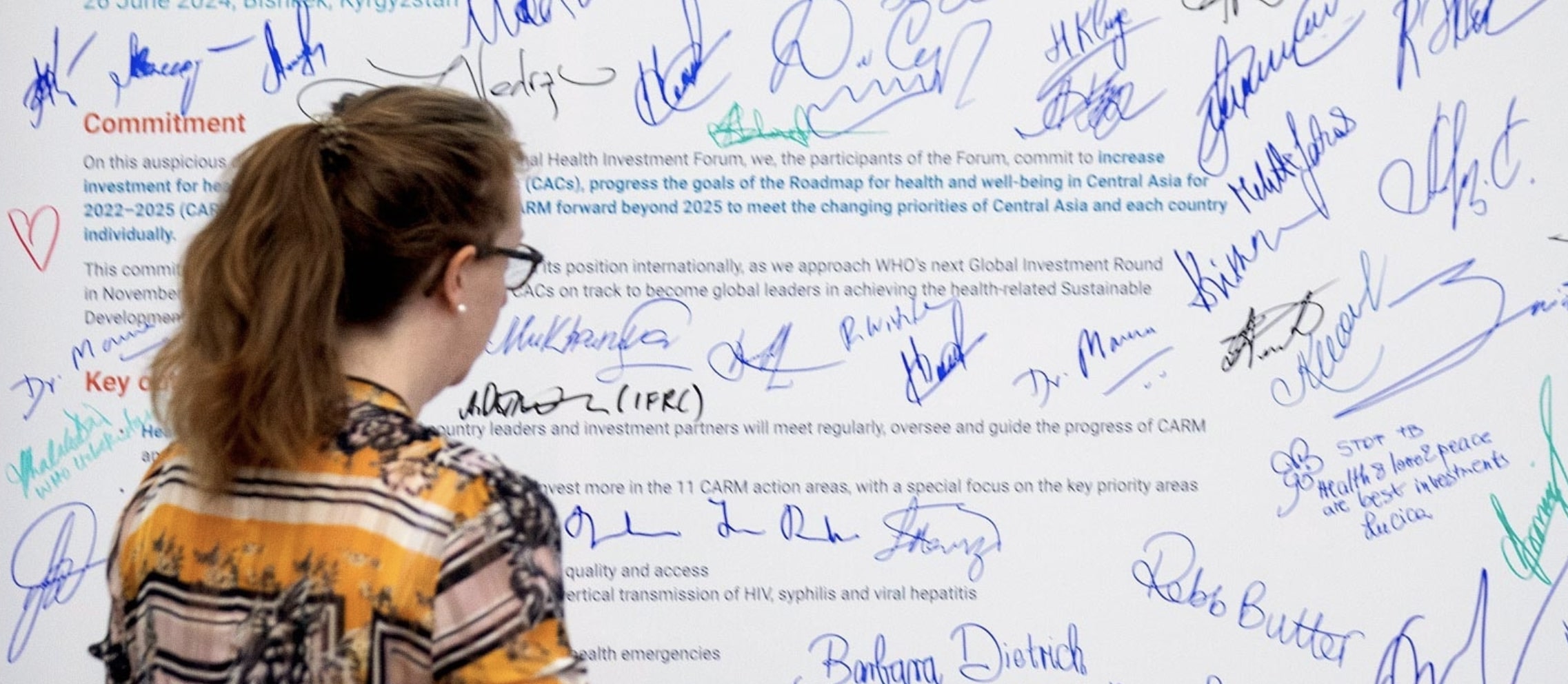WHO Barcelona course on health financing for universal health coverage, tailored for Central Asia, was held on October 15-18 in Almaty, Kazakhstan. The course brought together national policymakers from Kazakhstan, Kyrgyzstan, Tajikistan, Turkmenistan and Uzbekistan, who learned from leading health financing experts including Joe Kutzin, Triin Habicht, Tamás Evetovits and others.
As announced here by WHO/Europe, the WHO Barcelona course on health financing for universal health coverage (UHC), featuring a newly tailored programme designed specifically for central Asian countries, was held on October 15-18 in Almaty, Kazakhstan. The course content is described as follows by its organizers:
This intensive course, organized by the WHO Barcelona Office for Health Systems Financing in collaboration with the WHO European Centre for Primary Health Care, aims to equip policy-makers with the knowledge and skills needed to enhance health systems financing and advance towards universal health coverage (UHC).
Participants will explore key policy issues, such as why some countries invest more in health care, how to make health financing more efficient and equitable, and how to ensure affordable access to essential services. The course is designed to be highly interactive, featuring hands-on activities and group work that focus on identifying key primary health care (PHC) financing issues, analysing root causes, and exploring practical solutions – taking a pragmatic approach as well as offering theoretical insights.
This edition of the course in Almaty will bring together around 60 key policy-makers and senior managers from the health and social policy sectors – including representatives from ministries of health, health insurance funds, finance ministries and government administrations – and regional leaders from Kazakhstan, Kyrgyzstan, Tajikistan, Turkmenistan and Uzbekistan. The course will run for 3 days (Tuesday–Thursday), with an additional day (Friday) dedicated to country-specific sessions under the theme “Smart financing, stronger PHC: operationalizing key strategies for better health outcomes”.
The delegation from Kazakhstan that participated in the course included representatives of the Social Health Insurance Fund of Kazakhstan, and the National Research Center for Health Development, who shared their positive following feedback:
“Participation in the WHO Barcelona course became an important step for us on the path to improving the health insurance system in Kazakhstan. We had a unique opportunity to study international experience, which will allow us to strengthen the financial protection of people and improve access to quality medical services. We are confident that this knowledge will help us in the further development of the health care system in our country.” – quote by Saule Tazhibayeva, Deputy Chairman of the Executive Board of the Social Health Insurance Fund of Kazakhstan in a news release here.
“The course explored effective health financing mechanisms with country posters that highlighted problems in the health system and propose solutions. The knowledge gained will be put into practice, including the use of tools to improve the health care purchasing strategy, increasing population coverage with health services, and developing a single health care package.” – National Research Center for Health Development of the Ministry of Healthcare of Kazakhstan in its social media post here.
WHO reminds that UHC – ensuring everyone can use quality health care without experiencing financial hardship – is a Sustainable Development Goal and a core priority of the WHO European Programme of Work, 2020–2025. “Health financing policy plays a key role in moving countries towards UHC. By understanding the principles of health financing policy and assessing options for reform, policy-makers will be better able to design and implement effective strategies to improve affordable access to health care” (WHO/Europe).

